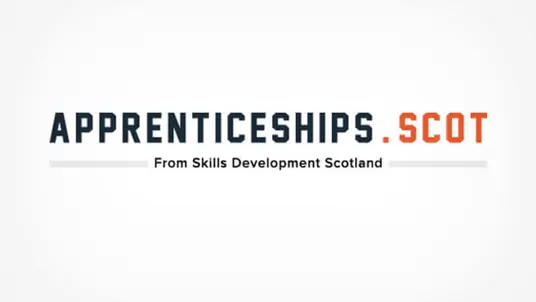How to become a steel fixer
There are several routes to becoming a steel fixer. You could do a college course, an apprenticeship or apply to an employer directly.
You should explore these routes to become a steel fixer to find out which is the right one for you. Although some of these options have certain qualification requirements, many employers are more interested in people who are enthusiastic, willing to learn and can follow instructions.
You may need a Construction Skills Certification Scheme (CSCS) card to work on a construction site.
College/training provider
Your local college or training provider may offer a Level 1 Certificate in Construction Skills or a Level 2 Award in Skills for Engineering, which would help you start your journey to becoming a steel fixer.
Apprenticeship
An apprenticeship with a construction firm is a good way into the industry.
Apprenticeships are open to anyone over the age of 16. As an apprentice, you’ll be fully employed by your company and expected to work a minimum of 30 hours a week. Your time will be split between on-the-job experience and a college or training provider.
Work
If you have some basic experience, you could apply directly to a construction company to gain onsite experience as a steel fixer. You might start out as an assistant to a more experienced steel fixer and progress as your abilities improve.
Work experience
Work experience is essential to gaining employment within the construction industry. You could gain this at school, or by working weekends and holidays with a company or relative who works as a steel fixer. Potential employers will always be pleased to see work experience listed on your CV.
Skills
Additional skills which may benefit anyone considering a job as a steel fixer include:
- Able to work to technical plans
- Comfortable working at height
- Good level of physical fitness
- Happy to work outdoors in all weathers and in cramped conditions.





